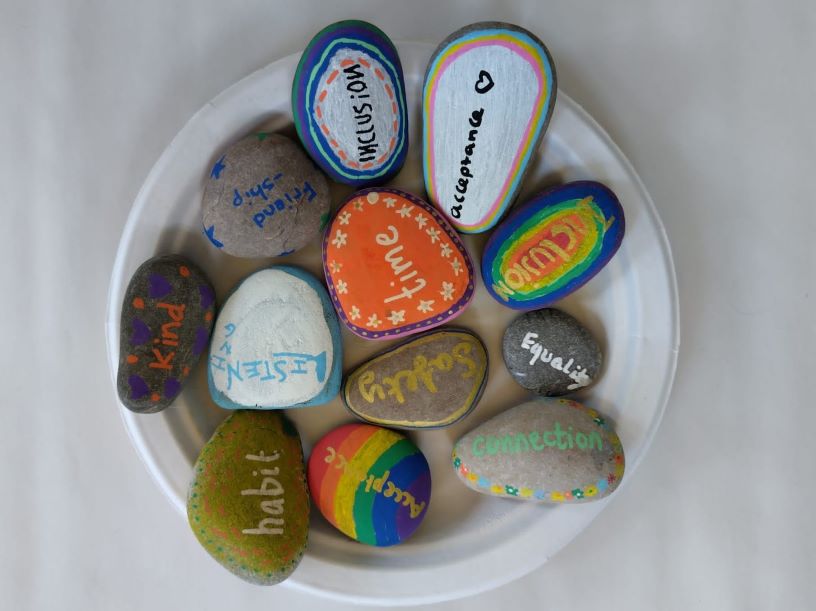Quakers gather in loving national community
Hundreds of Quakers from across the country gathered at Friends House in London and online to examine membership patterns and discuss important business this Saturday, 1 July.

At an additional session of the annual assembly of British Quakers, nearly 500 explored ideas for new simple, sustainable and inclusive Quaker structures.
Paul Parker, recording clerk of Quakers in Britain, told Yearly Meeting 2023 that it was important to learn from the 92 Quaker meetings which were growing.
“It's tempting, but I think a mistake," he said, to “fall into a trap of thinking that [membership] will fall inexorably until there are no Quakers left."
Instead, it would be useful to consider why these meetings were growing: were they easier to find, or particularly good at welcoming people of all ages and stages?
Lessons to be learnt
While the number of Quakers was slowly declining in line with other churches, some Lutheran and Pentecostal churches were rising quite quickly, Paul Parker said. “There are things we can learn from elsewhere."
During the pandemic, 70 per cent of meetings worshiped online but it was difficult to make Quakers visible and welcoming to newcomers.
Patterns of community are changing, he said, with new online meetings, Quaker camps, youth events, young adult groups and participation in Quaker activities in Quaker Recognised Bodies.
The meeting also received the annual report of the Quaker Housing Trust which last year made awards totalling £171,191 to eight projects.
Street Connect Glasgow were supported to purchase a two-bedroom flat for people affected by drug and alcohol addiction moving onto independent lives following residential rehabilitation.
And Open Door North East were awarded funds to purchase a house in Middlesbrough for a refugee family.
The Quaker Housing Trust asked Quakers to consider donating, as their funding programmes are oversubscribed while there has been a significant fall in donations.
During the extra session of Yearly Meeting, Quaker children and young people in Friends House explored community and belonging.